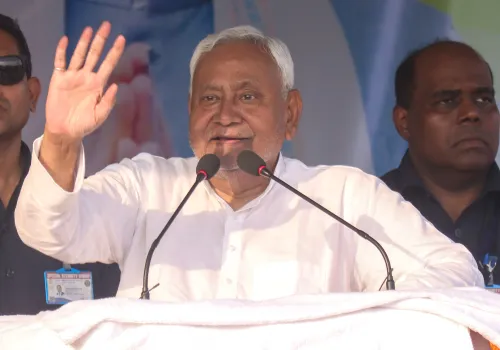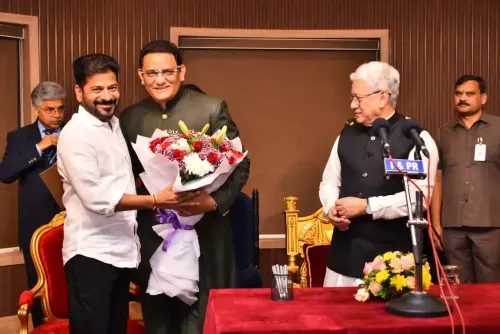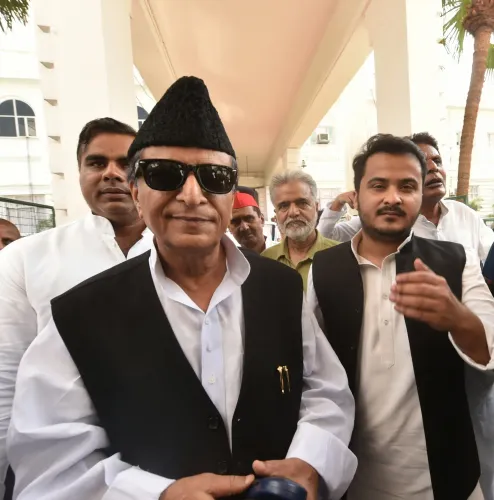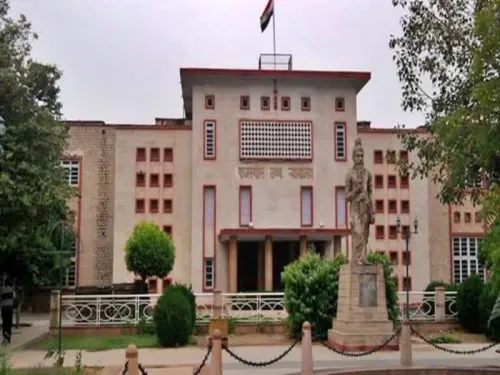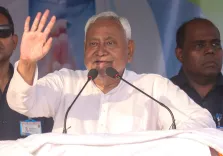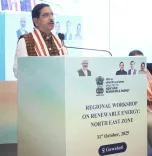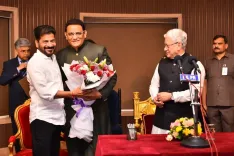Healthcare Sector Applauds Union Budget: Major Gains for Cancer Patients

Synopsis
Key Takeaways
- 10,000 new medical college seats announced.
- Daycare cancer centres established in district hospitals.
- Exemption of customs duty on 36 life-saving drugs.
- Focus on Public-Private Partnerships.
- Accessibility improvements for cancer treatments.
New Delhi, Feb 1 (NationPress) The Union Budget 2025-26 signifies a landmark achievement for the healthcare domain, and is poised to significantly assist cancer patients, as per health experts on Saturday.
During her eighth consecutive budget presentation, Union Finance Minister Nirmala Sitharaman revealed the NDA government's second complete Union Budget of its third term in Parliament. She introduced 10,000 additional medical college seats along with daycare cancer centres in every district hospital.
The Finance Minister also declared exemptions from basic customs duty on 36 essential drugs, aimed at alleviating the burden on patients, particularly those battling cancer, rare ailments, and other severe chronic conditions.
“The Union Budget 2025-26 is a pivotal moment for the healthcare sector, centrally emphasizing Public-Private Partnerships (PPP) and improving the ease of doing business. It highlights the vital role of private sector cooperation in establishing healthcare as a key component of Viksit Bharat,” stated Abhay Soi, President – NATHEALTH.
Recent cancer statistics indicate that head and neck cancers (including oral and throat cancer), breast cancer, and gynecological cancers constitute nearly 70 percent of the cancer burden in India. “For most of these cases, first-line chemotherapy can be effectively administered at well-equipped daycare centers with appropriate training and support. This strategy will assist in managing a significant portion of the nation's cancer burden,” explained Dr. D S Rana, Chairman -Trust Board, Sir Ganga Ram Hospital.
Raj Gore, CEO of the Lead FICCI Cancer Task Force, remarked, “The complete exemption of customs duty on 36 life-saving medications, including cancer therapies, will reduce the costs of critical treatments, making them more accessible to a broader range of patients.
Moreover, “daycare cancer centres in district hospitals will help close the accessibility gap, particularly in rural and remote regions,” added Gore.
Dr. Sabine Kapasi, a public health specialist, noted that while the increase in medical seats is a positive step, it is essential to enhance quality standards and optimize the existing system for sustainable improvements in healthcare delivery.
The Association of Indian Medical Device Industry (AiMeD) expressed disappointment with the Budget for the medical devices sector.
“The lack of investment promotion measures for the 70 percent import-dependent medical devices industry in the Budget speech is disappointing,” remarked Rajiv Nath, Forum Coordinator AiMeD, while commending the overall macro-economic and policy direction.
“The initiative to streamline visa processes for patients seeking treatment in India will further boost the country’s medical tourism sector and facilitate the cross-border movement of patients and healthcare providers, expanding the market,” stated Pavan Choudary, Chairman, Medical Technology Association of India (MTai).

